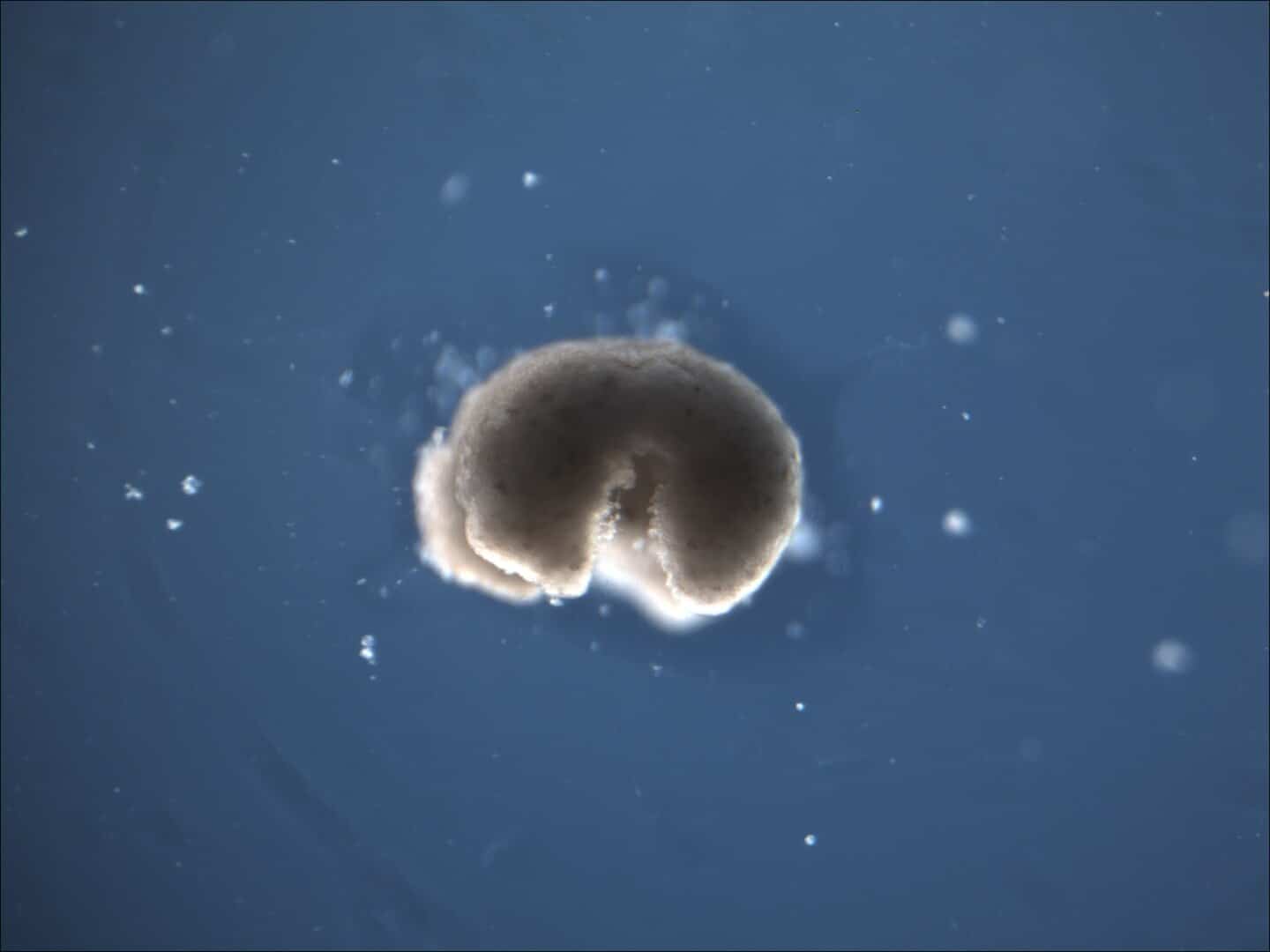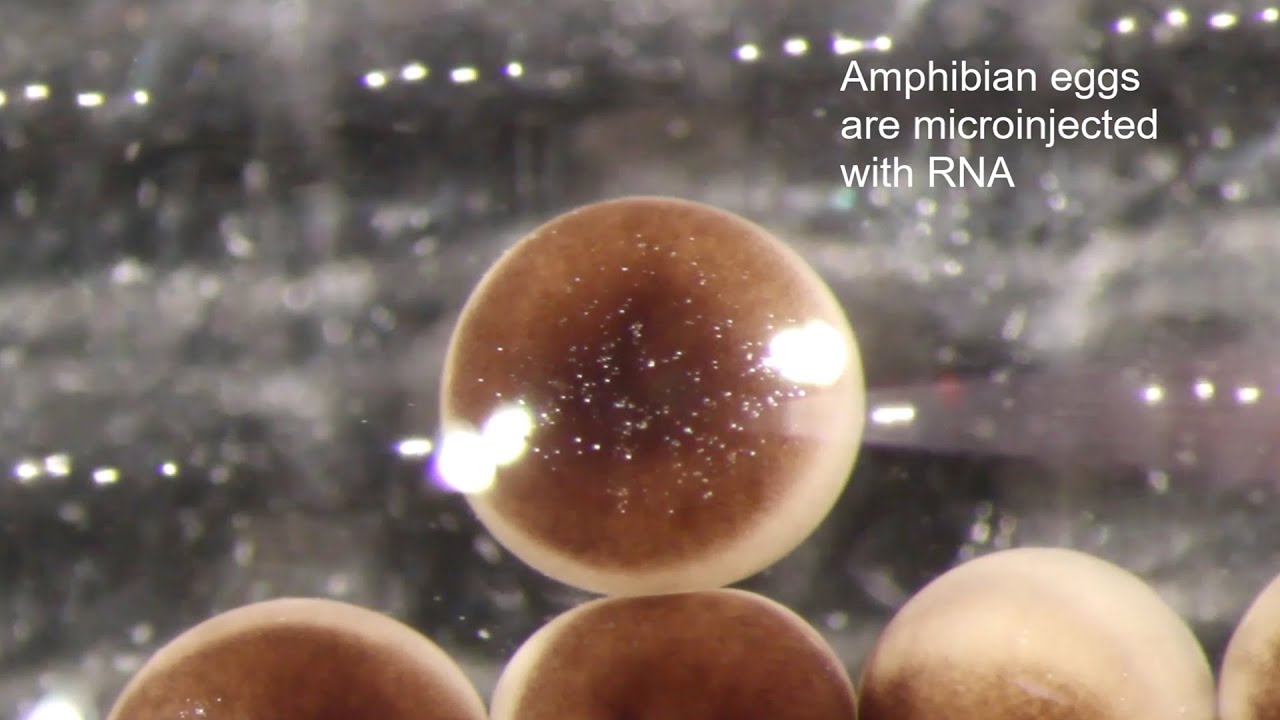The boundary between life and death has long been considered absolute. However, recent scientific discoveries reveal that cells from deceased organisms can self-organize into new multicellular entities, challenging our fundamental understanding of life’s cessation.

Traditionally, death is defined as the irreversible cessation of an organism’s overall function. Yet, observations in organ donation reveal that individual organs, tissues, and cells can remain functional long after the organism has died. This resilience prompts a reevaluation of what it means for life to end.
Researchers studying postmortem biological activity have found that, under specific conditions, cells can survive and even transform after death. When provided with oxygen, nutrients, bioelectricity, or biochemical signals, these cells can reorganize and develop into multicellular entities with novel functions.
A notable example of this phenomenon is the development of xenobots. Scientists observed that skin cells from deceased frog embryos, when placed in a petri dish, spontaneously self-organized into multicellular constructs termed xenobots. These structures utilized cilia—tiny hair-like projections—for locomotion, a function distinct from their original role in the frog embryo. Remarkably, xenobots have demonstrated the ability to replicate their form and function without traditional cellular division, known as kinematic self-replication.
Further studies revealed that isolated human lung cells can self-assemble into new multicellular constructs called anthrobots. These exhibit behaviors such as movement and self-repair and have been observed assisting damaged neuron cells nearby, indicating potential regenerative capabilities.
The emergence of xenobots and anthrobots suggests a ‘third state’ of biological existence, existing beyond the conventional boundaries of life and death. This challenges the traditional view that life processes cease entirely upon death, indicating that cells possess remarkable plasticity and autonomy.
These findings raise profound philosophical and ethical questions. If cells can reorganize and form functioning entities after death, our understanding of individuality and the continuity of life may need reevaluation. This could influence perspectives on medical practices and the definition of death itself.
The discovery that cells from deceased organisms can self-organize into new life forms challenges traditional notions of life and death. As research continues, it may redefine our understanding of biological existence and open new avenues in regenerative medicine.

